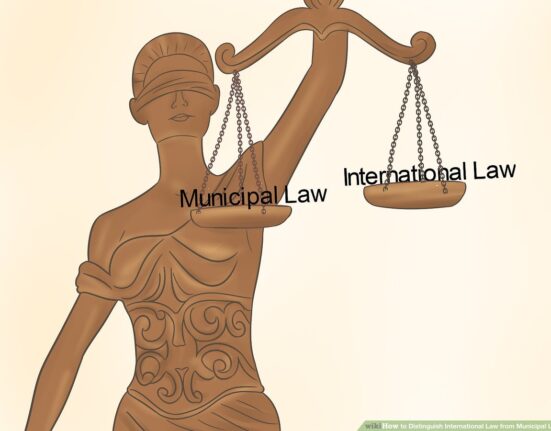Introduction
There are 7 theories regarding the basis of International Law
- Natural Law Theory
2. Positive Law Theory
3. Grotian Theory
4. Consent Theory
5. Auto Limitation Theory
6. Pacta Sunt Servanda
7. Theory of Fundamental Rights
Natural Law Theory
- Jurists of this School are known as Naturalists.
- They opined that International Law is a part of Law of Nature (Higher Law, Moral Law, Law based on Reason, Universal Law, etc).
- They denied the existence of any Positive International Law (man made law).
- Some renowned naturalists were Pufendorf, Thomasius, Rutherford and Hutcheson.
Criticism: The naturalists do not recognize the significance of Customs and International Treaties.

Positive Law Theory
- Jurists of this school are known as Positivists.
- They opined that International Law is the outcome of Customs and International Treaties (positive law) and not of Natural Law.
- Some renowned positivists were Brierly, Von Martens, JG Starke and Bynkershoek.
Criticism: The positivists do not recognize the significance of natural law.
Grotian Theory of Basis of International Law
- Grotians have adopted a middle path between Naturalists and Positivists.
- They opine that International Law is the outcome of Law of Nature as well as customs and treaties.
- Some renowned Grotians were Christian Wolff and ED Vettel.
Consent Theory of Basis of International Law
- Supported by Anzilotti, Triepel and Oppenheim.
- As per this theory, consent of States is the basis of International Law. States follow International Law because they have consented to do so.
Criticism: It fails to explain the basis of customary international law which the States are bound to follow.
Auto Limitation Theory of Basis of International Law
•Supported by Anzilotti, Triepel and Oppenheim.
•As per this theory, the consent of States is the basis of Inter-national Law. States follow International Law because they have consented to do so.
•Criticism: It fails to explain the basis of customary international law which the States are bound to follow.
Pacta Sunt Servanda
- Supported by Anzilotti. It means that agreements entered into by States will be respected and followed by them in good faith.
- This principle is expressly mentioned in Article 26 of the Vienna Convention on the Law of Treaties, 1969.
Criticism: Pacta Sunt Servanda is itself a rule of customary law.
Theory of Fundamental Rights
- Based upon a naturalistic viewpoint.
- Before the origin of State, man lived in natural State.
- Even in that State he possessed some basic fundamental rights like right to equality, self preservation, independence, etc.
- Like human beings, States also possess these fundamental rights. International Law is an instrument to protect these rights of the States.
Criticism: Fundamental Rights are meaningless in the absence of a strong executive and a powerful judiciary, which are lacking in International Law.
Also Read: What are the Sources of law?
Also Read: Subjects of International Law
![]()







Leave feedback about this